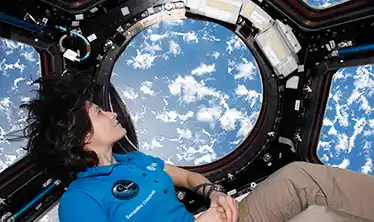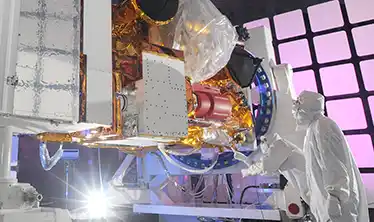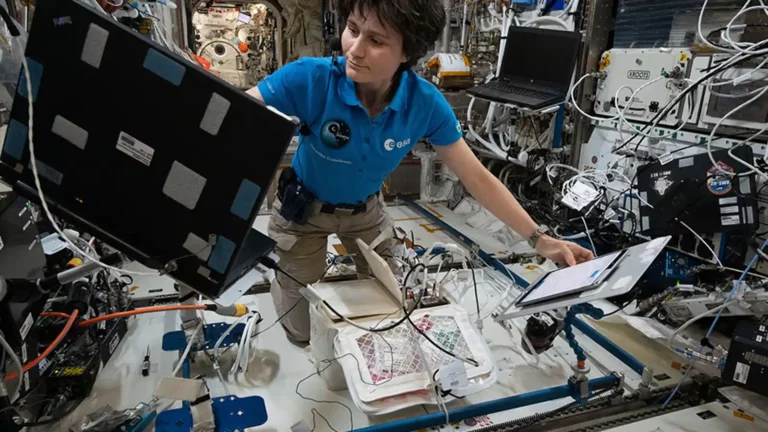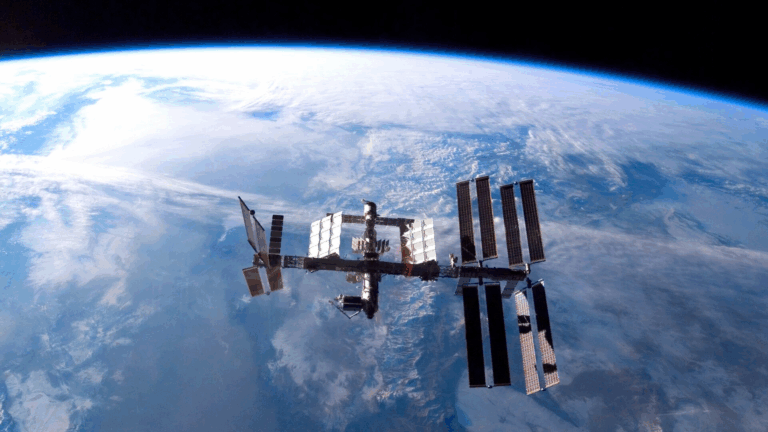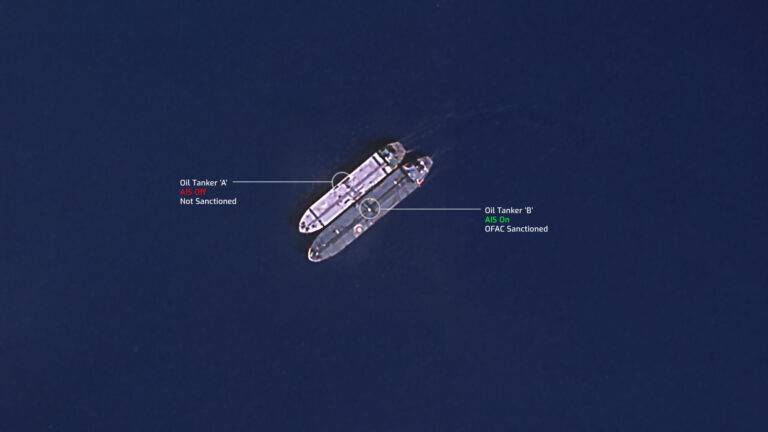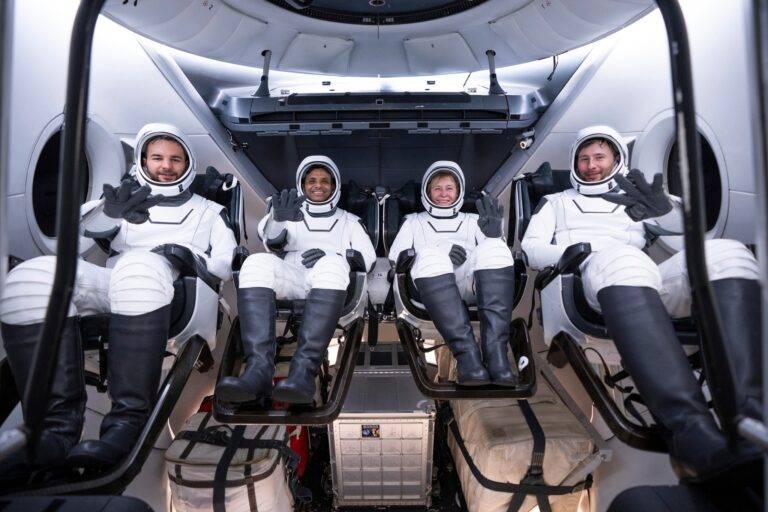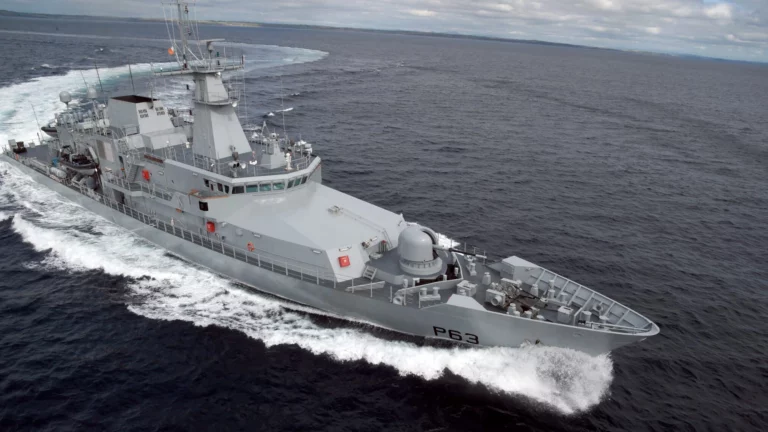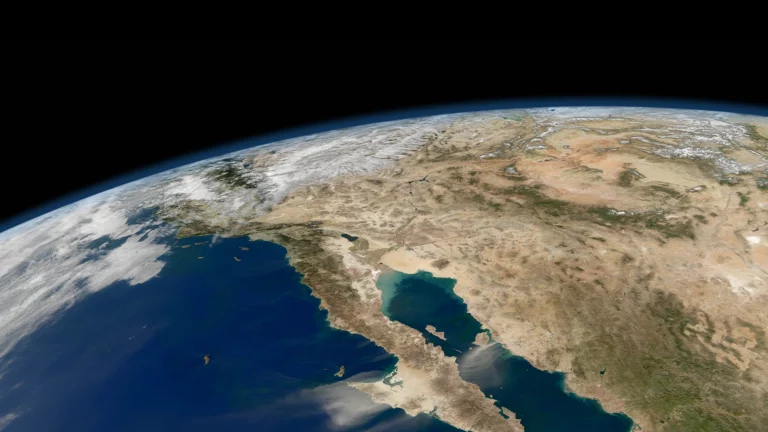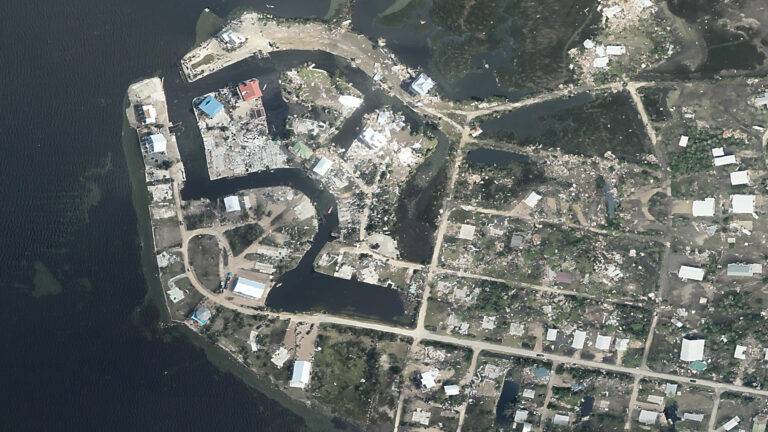Skytek is pleased to announce the completion of phase 1 of the Flight Data File software suite for the Lunar Gateway
Skytek was awarded the contract from the European Space Agency (ESA) to develop flight support software for the new Gateway space station, an essential element of their ambition to bring a European to the Moon by 2030.
Gateway is an international initiative led by two main contributors, NASA (United States) and ESA (Europe). It is one of the pillars of NASA’s Artemis program, supporting a sustainable presence on the Moon and exploration beyond. The station is not intended for permanent occupancy but will be able to host 4-person crews for periods of one to three months. Gaining new experience around the Moon will prepare international partner space agencies to send the first humans to Mars by 2040: the Gateway will play a vital role in this process.
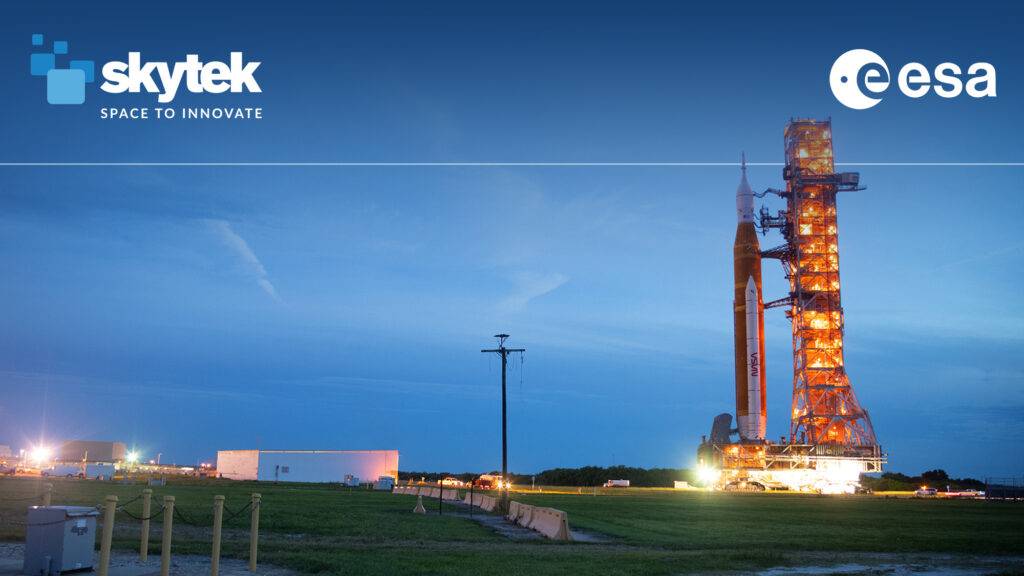
Dr. Ruediger Seine head of astronaut training at the European Space Agency said: “We are awarding Skytek the contract for the Flight Data File software suite for the Lunar Gateway after open competition. Skytek has decades of experience and a proven track record of developing software for the International Space Station. We look forward to working with Skytek as we send astronauts back to the Moon and beyond. The ground components of the software will also help to make ISS operations even more efficient.”
The overall aim of the Flight Data File (FDF) Lunar Gateway Software is to provide Gateway operation using innovative solutions that will capitalise on the decades of experience of ISS operations. The software suite is aimed at supporting both ground operations and crew activities. The project will develop a suite of software tools to support both ODF and FDF procedures and provide a complete end to end solution. The Skytek project will streamline the authoring of thousands of crew procedures and processes; it will provide mobile web applications to support daily maintenance and support scientific activities. Finally, it will provide critical decision support software to assist the astronaut to undertake complex and emergency tasks. Currently, Skytek’s IPV (International Procedural Viewer) technology is a core component of International Space Station operations, with over 60,000 Open Data File (ODF) procedures guiding and supporting astronaut activity. The new project will build on this current system. Paul Kiernan, Skytek CTO said the technology which Skytek will develop for Gateway will include the latest in Augmented Reality based applications supporting the complex operations which astronauts will have to perform on board the Gateway.
Dr Sarah Bourke, Skytek CEO, said the ‘the awarding of this contract is testimony to the skill and excellence of our technical team. Working in the Space sector has afforded us the opportunity to work at the leading edge of science and technology. Indeed, we have taken this knowledge and successfully transferred it to other sectors including insurance and security.
Skytek has expanded significantly over the past few years, and Gateway software development will be undertaken at Skytek’s three European operations in Ireland, Poland and the United Kingdom.
Related Links:
Lunar Gateway: https://www.esa.int/Science_Exploration/Human_and_Robotic_Exploration/Exploration/Gateway
NASA Artemis programme: https://www.nasa.gov/specials/artemis/
About Skytek
Skytek is an award-winning software company specialising in creating innovative solutions for a range of complex and demanding industries. It has an enviable track record in developing world-class software solutions for some of the most challenging industries. The company has unparalleled expertise in the Space environment, where it has decades of engagement with the European Space Agency and NASA. It has also developed intelligent software solutions for other industries, including Aerospace, Defence and Insurance.
Learn more about Skytek at www.skytek.com
About ESA
The European Space Agency (ESA) provides Europe’s Gateway to space.
ESA is an intergovernmental organisation, created in 1975, with the mission to shape the development of Europe’s space capability and ensure that investment in space delivers benefits to the citizens of Europe and the world.
ESA has 22 Member States: Austria, Belgium, the Czech Republic, Denmark, Estonia, Finland, France, Germany, Greece, Hungary, Ireland, Italy, Luxembourg, the Netherlands, Norway, Poland, Portugal, Romania, Spain, Sweden, Switzerland and the United Kingdom. Slovenia, Latvia and Lithuania are Associate Members.
ESA has established formal cooperation with six Member States of the EU. Canada takes part in some ESA programmes under a Cooperation Agreement.
By coordinating the financial and intellectual resources of its members, ESA can undertake programmes and activities far beyond the scope of any single European country. It is working in particular with the EU on implementing the Galileo and Copernicus programmes as well as with Eumetsat for the development of meteorological missions.
Learn more about ESA at www.esa.int
